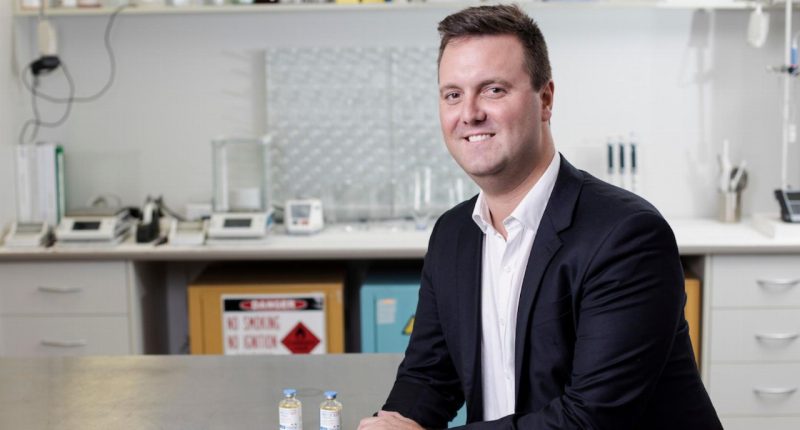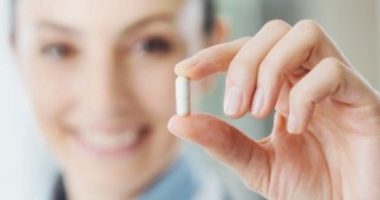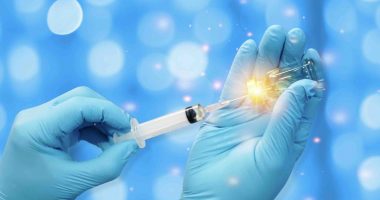- Recce Pharmaceuticals (RCE) has received the results of an animal study showing the “positive” efficacy of its new anti-infective formulation, RECCE 111, against bacterial sinusitis in mice
- The bacterium is a leading cause of bacterial pneumonia and meningitis in the U.S. and a common cause of bloodstream infections, including sepsis, ear and sinus infections
- The study assessed the dose-dependency and in-vivo antibacterial activity of Recce’s lead candidates, R327 and R111, against bacterial sinusitis in a mouse model of acute bacterial rhinosinusitis infection
- Twelve groups of 10 mice were assessed in the research
- Both compounds showed significant antibacterial capability with no detected abnormalities
- The drugs are expected to undergo further sinusitis studies in due course
- Recce shares are up 0.52 per cent, trading at 97 cents each
Recce Pharmaceuticals (RCE) has received the results of an animal study showing the “positive” efficacy of its new anti-infective formulation, RECCE 111, against bacterial sinusitis in mice.
Recce is pioneering the development and commercialisation of new classes of synthetic anti-infectives, designed to address urgent global health problems around antibiotic resistant superbugs and emerging pathogens.
Bacterial sinusitis is a leading cause of bacterial pneumonia and meningitis in the U.S. and a common cause of bloodstream infections, including sepsis, ear and sinus infections.
The study, conducted by an independent contract research organisation, assessed the dose-dependency of Recce’s patented lead candidate R327 and R111 in-vivo antibacterial activity against bacterial sinusitis in a mouse model of acute bacterial rhinosinusitis infection.
Twelve groups of 10 mice were assessed to determine the effectiveness of the drugs against the bacterium.
Three groups were treated with varying intranasal doses of R327 twice daily and showed a significant dose-dependent antibacterial effect when compared to early infection and vehicle control.
Meanwhile, three groups were treated with varied doses of R327 intravenously, also showing a significant dose-dependent antibacterial effect when compared to early infection control and vehicle control.
Further, three of the twelve groups were treated with different intravenous doses of R111 and displayed significant dose-dependent antibacterial effect when compared to early infection control and vehicle control.
The positive control, Azithromycin, was given twice daily and had a bactericidal effect when compared to vehicle control at five days post infection.
The tested compounds both showed significant antibacterial capability with no detected abnormalities. Both are expected to undergo further sinusitis studies.
Recce Pharmaceuticals CEO James Graham commented on the research.
“We’re continually excited by the potential of Recce’s anti-infective compounds and are encouraged by these positive indications,” James said.
“Moreover, this further enhances the breadth of Reece’s synthetic polymer platform,” he added.
Recce’s background clinical activities with R327 continue to progress.
Recce Pharmaceuticals shares are up 0.52 per cent, trading at 97 cents at 12:22 pm AEDT.







